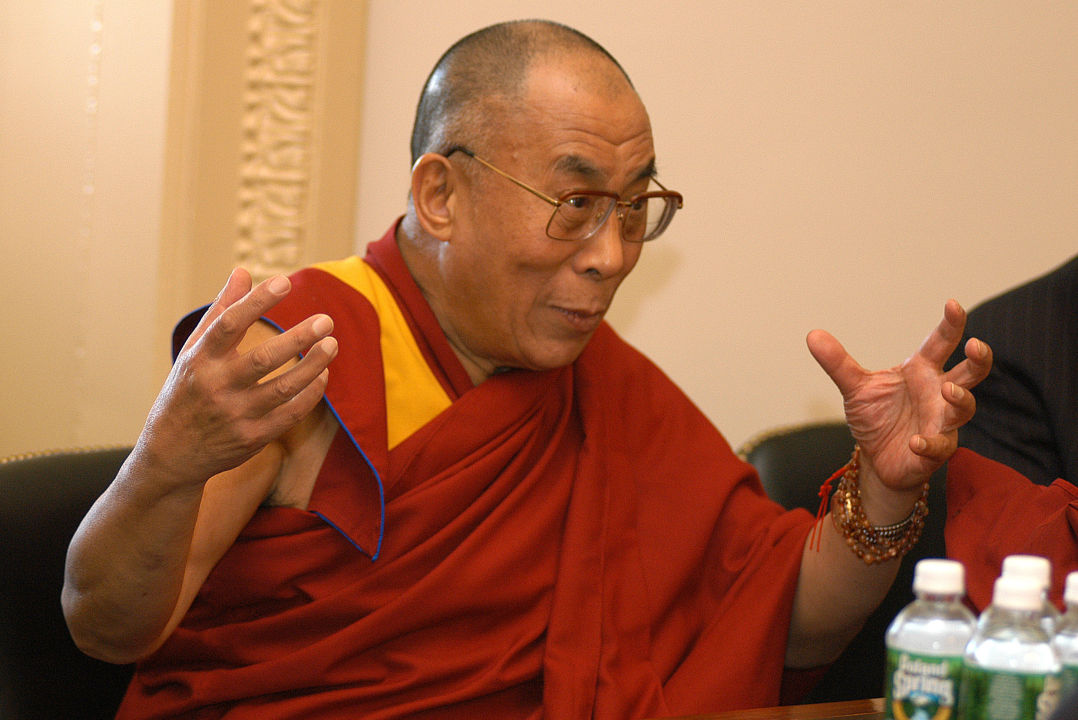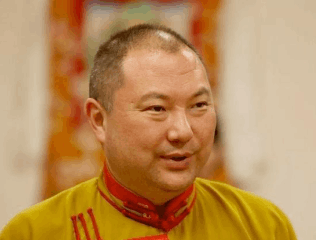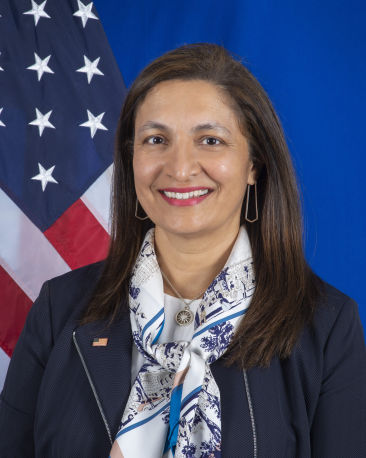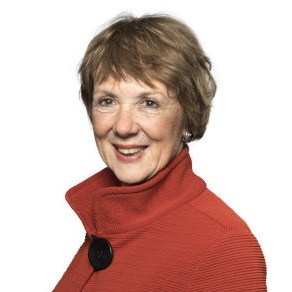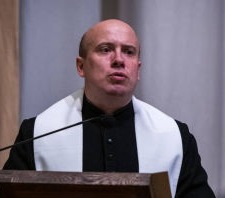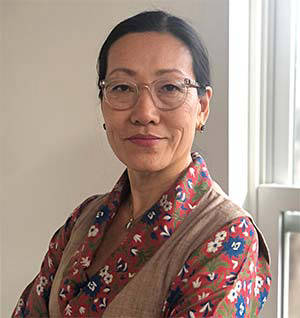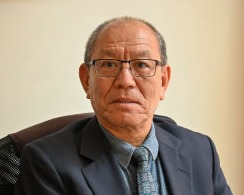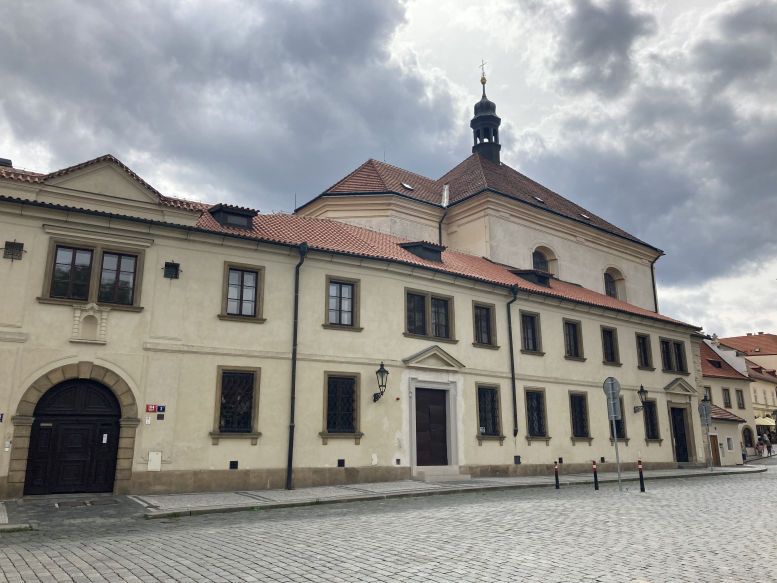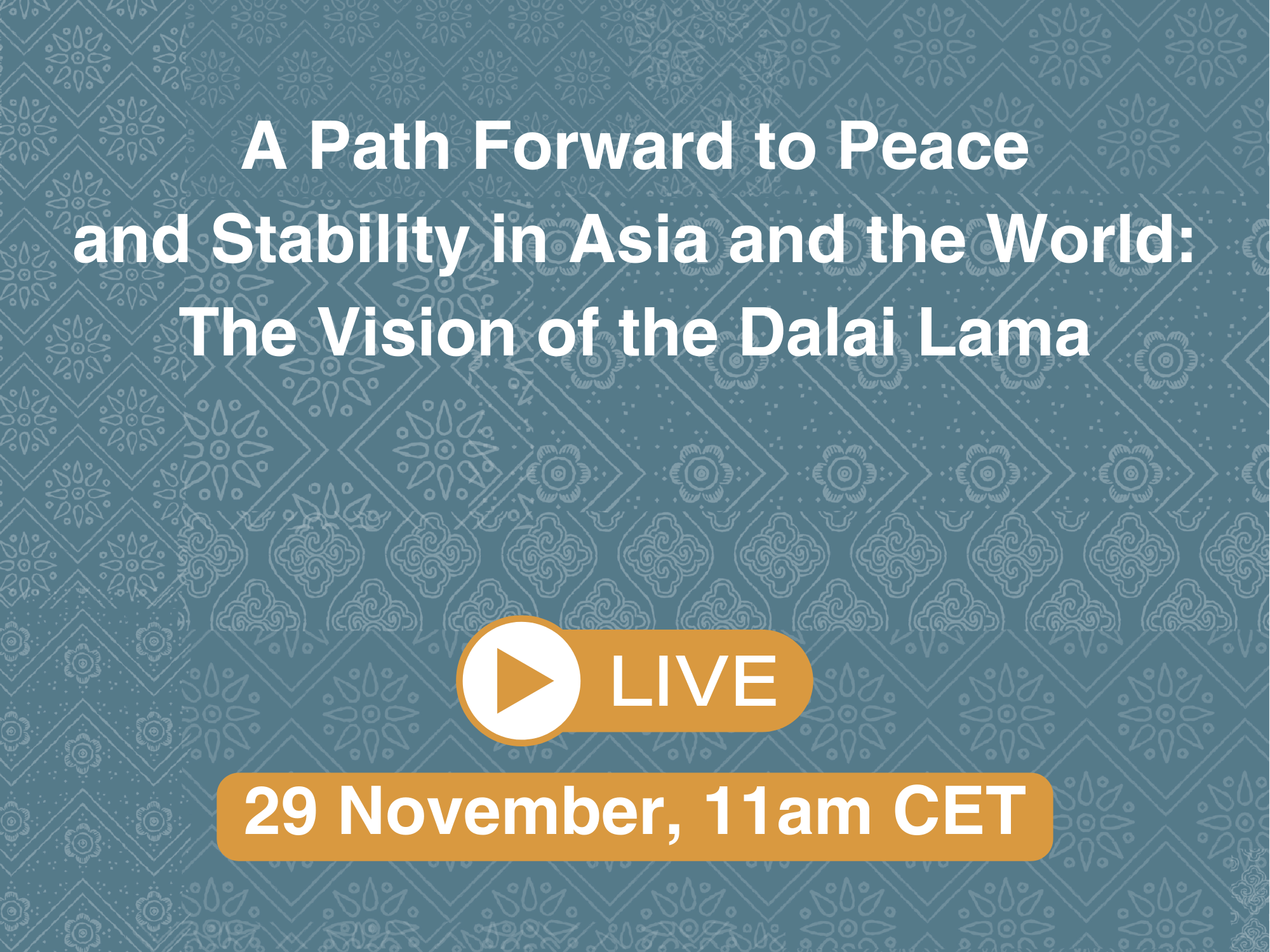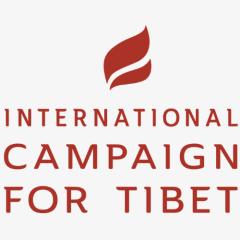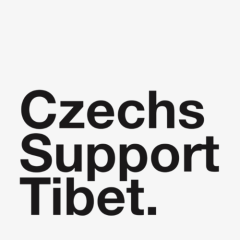About
In 1985, the Dalai Lama proclaimed a vision for a zone of peace in the heart of Asia, which has gained increased geostrategic significance in light of troubling political developments in Russia and China. In this proposal, Tibet is intended to resume its traditional role as a buffer and mediator between the superpowers on the Eurasian continent.
The transformative power of Buddhism and the beneficial cultural influence that Tibet has historically exerted over Inner Asia, India, China, and Russia holds the realistic potential to contribute to peace and stability in a region increasingly marked by tensions.
Thus, the strategic significance of the Dalai Lama's conceptual contribution for a peaceful future in Asia and the world is closely linked to the fate of Tibet and the preservation of its cultural heritage.
Organised in the margins of the International Religious Freedom or Belief Alliance Ministerial Conference convened by the Czech government, this event will explore the challenges and opportunities in addressing religious freedom in Tibet, with a particular focus on the potential of Tibetan Buddhism in contributing to peace and stability in Asia.
